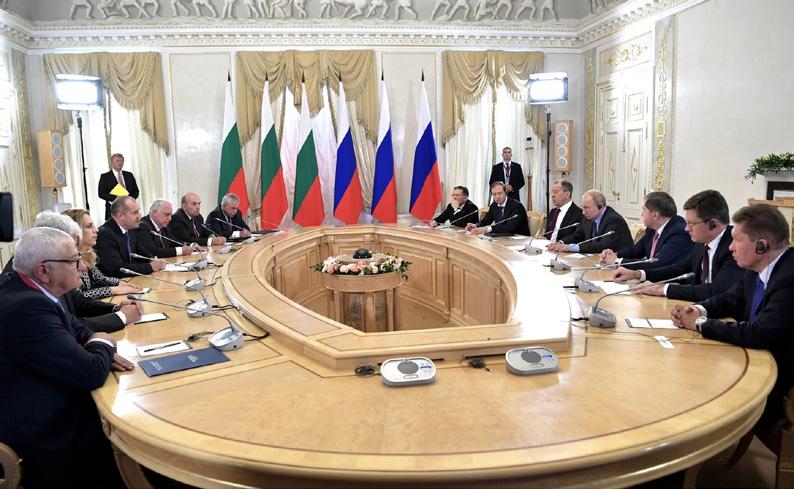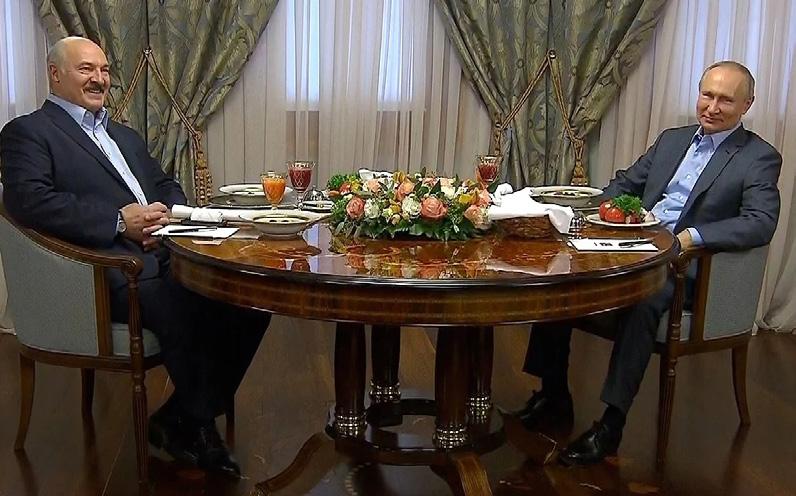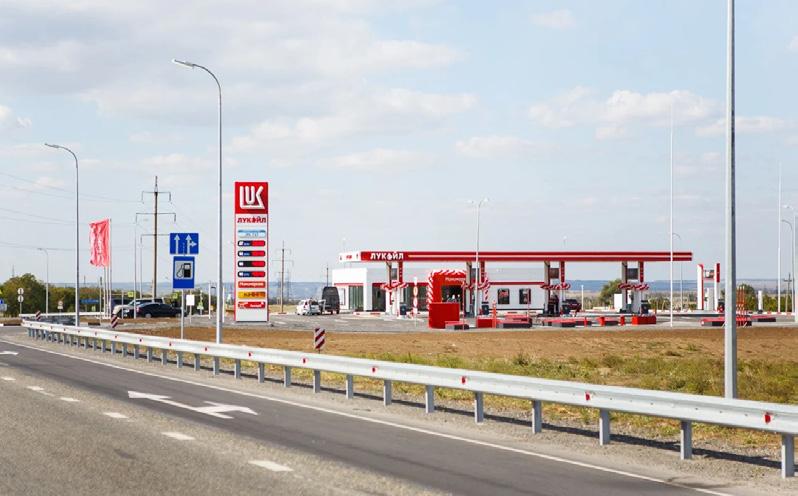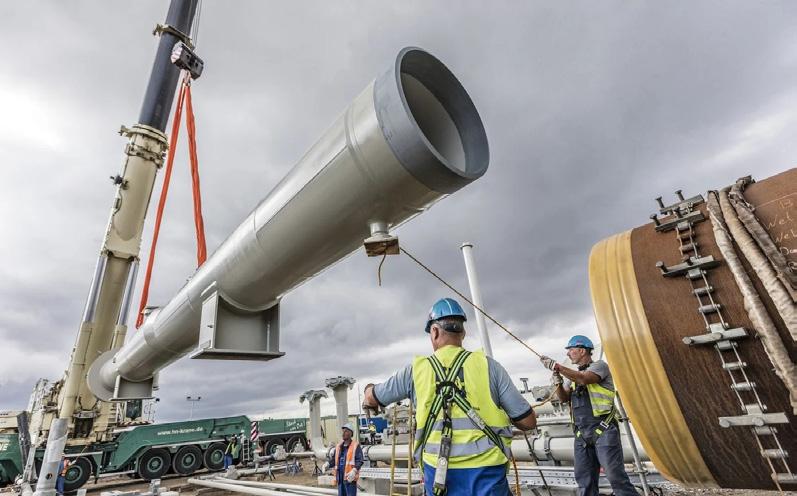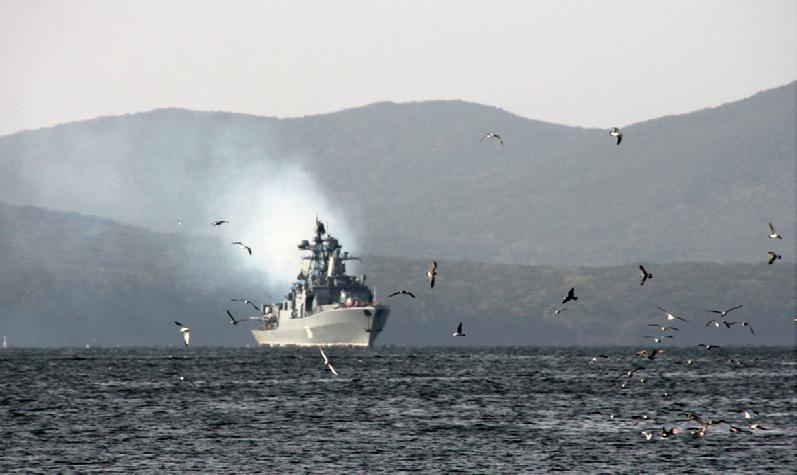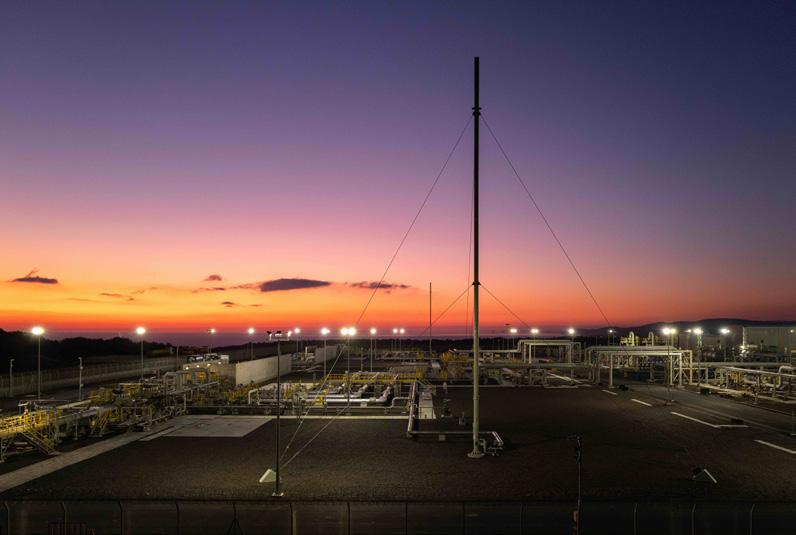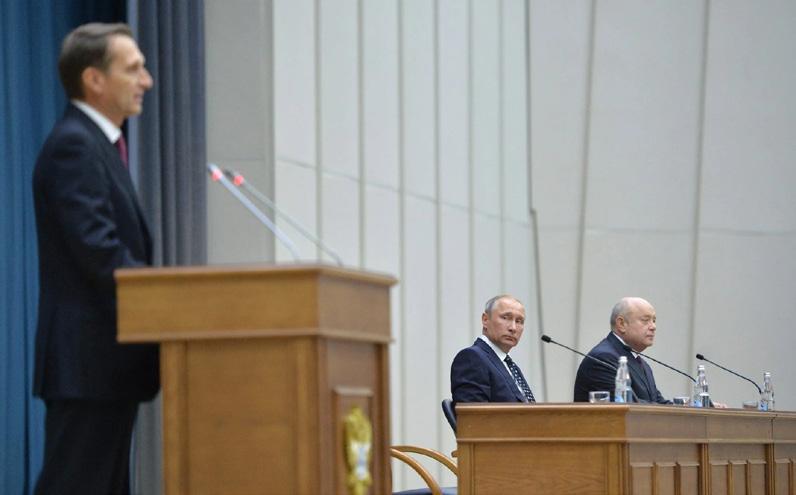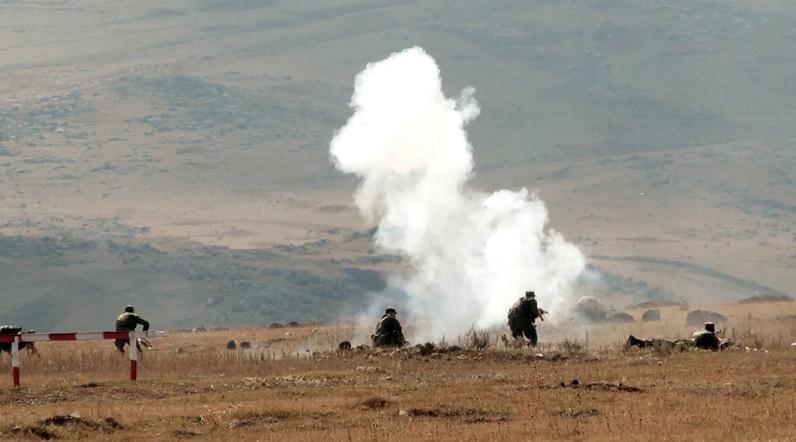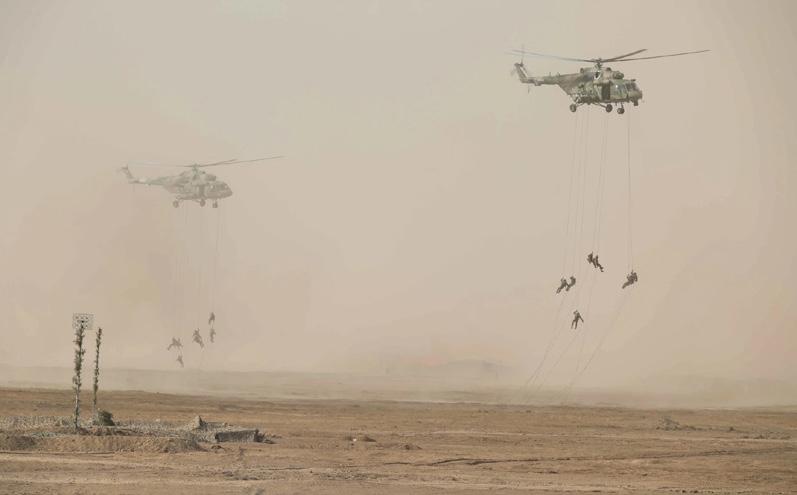
5 minute read
RUSSIA REQUESTS MONEY: WILL BELARUS CUT OFF TRANSIT THROUGH LITHUANIAN PORTS?
Bulgaria’s public prosecutor’s office admitted having collected enough data to accuse Russian diplomats of espionage. Both were asked to leave the country. Both President Rumen Radev and Prime Minister Boyko Borisov approved the foreign office’s decision. The investigation was initiated at the request lodged by Bulgaria’s counterintelligence service (DANS). The State Agency for National Security said the two Russian nationals had supposedly collected data on plans to upgrade the Bulgarian army and maintain the technical readiness of military hardware. Alleged diplomats, who were in fact military intelligence officers, contacted Bulgarian nationals having access to data on the country’s arms industry. In some cases, a group of Bulgarians collected information, including official and state secrets, and handed it to the Russians in exchange for money. The two had been engaged in alleged spying activities in Bulgaria since 2016. When the investigation found these were Russian diplomats, it was brought to a halt while the prosecutor’s office passed relevant data to the foreign ministry. Bulgaria’s chief prosecutor Ivan Geshev informed the country’s Deputy Prime Minister and Foreign Minister Ekaterina Zakhareva. Meanwhile, the Bulgarian foreign ministry took steps to expel diplomats whose activities deemed incompatible with their status. The Russian Embassy deplored the move and castigated the expulsion as baseless, with the decision made on “bogus” data. Russia’s foreign office vowed to advance titfor-tat measures, thus it will expel two Bulgaria diplomats who had a comparable rank to the two Russians. This is another spying scandal between Sofia and Moscow. In January 2020, two Russian diplomats were ordered to leave for similar reasons. Earlier Bulgaria had declined a visa to the incoming defense attaché at the Russian embassy in Sofia.
30 September 2020
Advertisement
RUSSIA REQUESTS MONEY: WILL BELARUS CUT OFF TRANSIT THROUGH LITHUANIAN PORTS?
Alexander Lukashenko has said he would block Baltic countries from shipping goods to Russia over Belarusian territory, and divert what is now sent through notably ports in Lithuania to the seaports in Russia. Belarus will have to pay much more, also according to what Russia is saying. If it is true, Lukashenko will start paying off his debt of gratitude to Russia amidst Moscow’s support during the Belarus political crisis.
SOURCE: KREMLIN.RU
Alexander Lukashenko said in early September that he would close borders with the Baltic nations and divert exports to the Russian ports in the Baltic Sea. Now it is Russia’s turn. Russian Energy Minister Alexander Novak said that Belarus has a potential for supplying around 4-6 million tons of oil products per year via ports in Russia. Earlier in September he argued this would be between 3 and 4 million tons. The issue is now being discussed, with new arrangements coming soon, but Belarus is allowed to use capacities in the seaports of St. Petersburg, Ust-Luga, and Primorsk, Novak told in an interview for Rossiya 24 TV channel. In September Russia would draft proposals on the delivery of Belarusian oil products via the Russian ports. Novak also suggested beginning what he named as the “dialogue” on common energy markets in areas like crude oil, gas, and electricity. Being in energy cooperation with Russia is of strategic importance for Belarus. Minsk has always sought to receive cheap Russian hydrocarbons. Belarus long bought crude oil at Russian domestic prices to process it in its Novopolotsk and Mozyr refineries and sold oil products to the West via the Baltic seaports. As it seems, the price Belarus would have to pay for cheap hydrocarbons will be to redirect exports to the Russian exports in a move that reduces the country’s profitability of both crude processing and fuel exports.
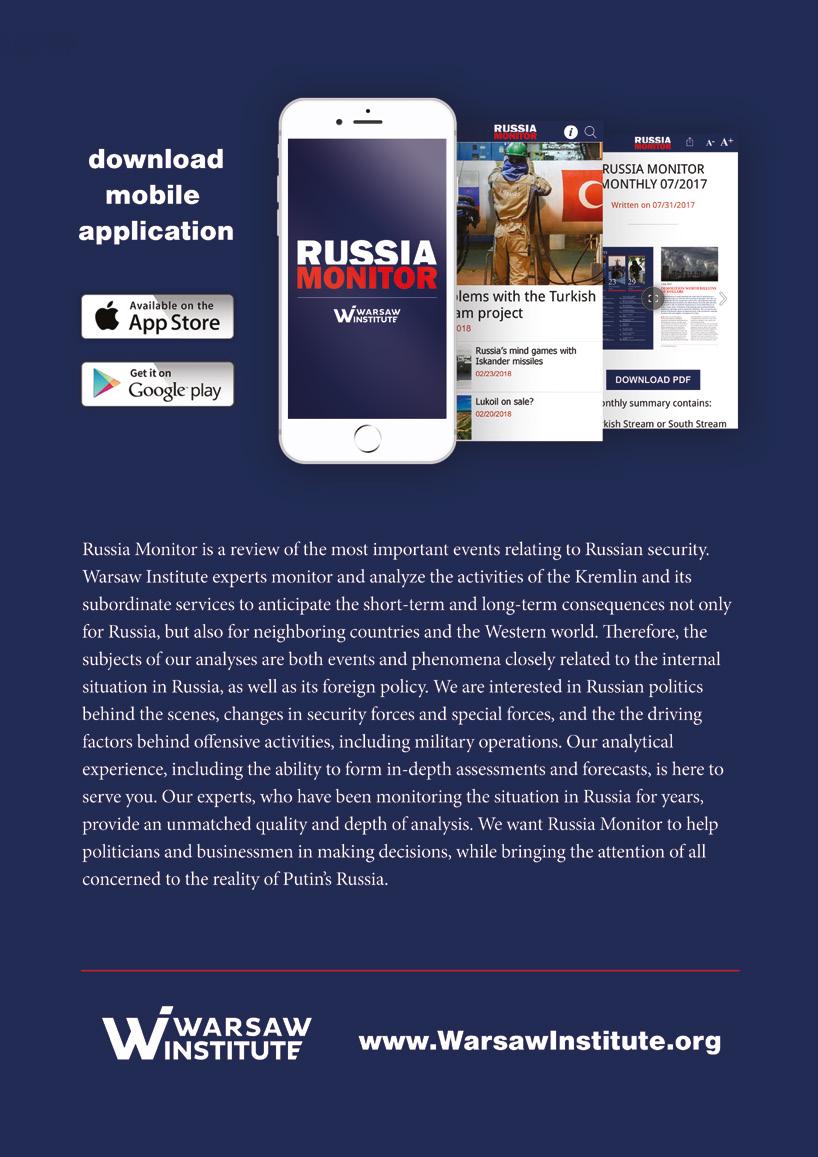
The Warsaw Institute is the first conservative geopolitical think tank in Poland. The main areas of our interest are: geopolitics, international relations, energy security, defence, history, culture and any other issues crucial for Poland and East-Central Europe. We are proudly supporting the 3 Seas Initiative and transatlantic relations.
The Warsaw Institute develops and provides innovative and practical recommendations based on the wide experience of its experts (over 40 cooperating experts). The Warsaw Institute helps to improve public policy and decision-making through research and analysis. Our activities are dedicated to government organizations and agencies as well as non-governmental organizations, think tanks, research institutes, academic communities, opinion-forming media and experts.
The Warsaw Institute is an independent, non-profit, nonpartisan organization supported by contributions from individuals.
Goals and objectives

strengthening the position of the Polish state by preparing and providing its partners with analyses and studies concerning economic policy, international relations, security policy, the use of soft power and more international cooperation of states, societies and NGOs supporting the development of democracy, economy and entrepreneurship energy security and military security cultivating and promoting Poland’s national and state traditions and developing national, civic and cultural awareness
The Warsaw Institute Review
Free Polish quarterly, prepared essentially for English-speaking readers around the world. Main goal is to present a broad spectrum of topics concerning Poland, a leading East-Central European country, in the form of analytical articles on political, legal, economic, social, historical and institutional issues.
Subscribe to the printed edition of The Warsaw Institute Review on our website.
Romania Monitor - the first platform that would bring together think tanks and analysts from both countries, interested in geopolitics, energy security and military cooperation between Poland and Romania.
Disinformation Program - this program involve carrying out professional analyses on the identification and creation of methods for combating organised disinformation and training against disinformation threats.
Ukraine Monitor - Warsaw Institute experts monitor and analyse information on Ukrainian politics and business with the view to anticipating the main medium- and long-term changes that can occur in a country playing a key role for many stakeholders.
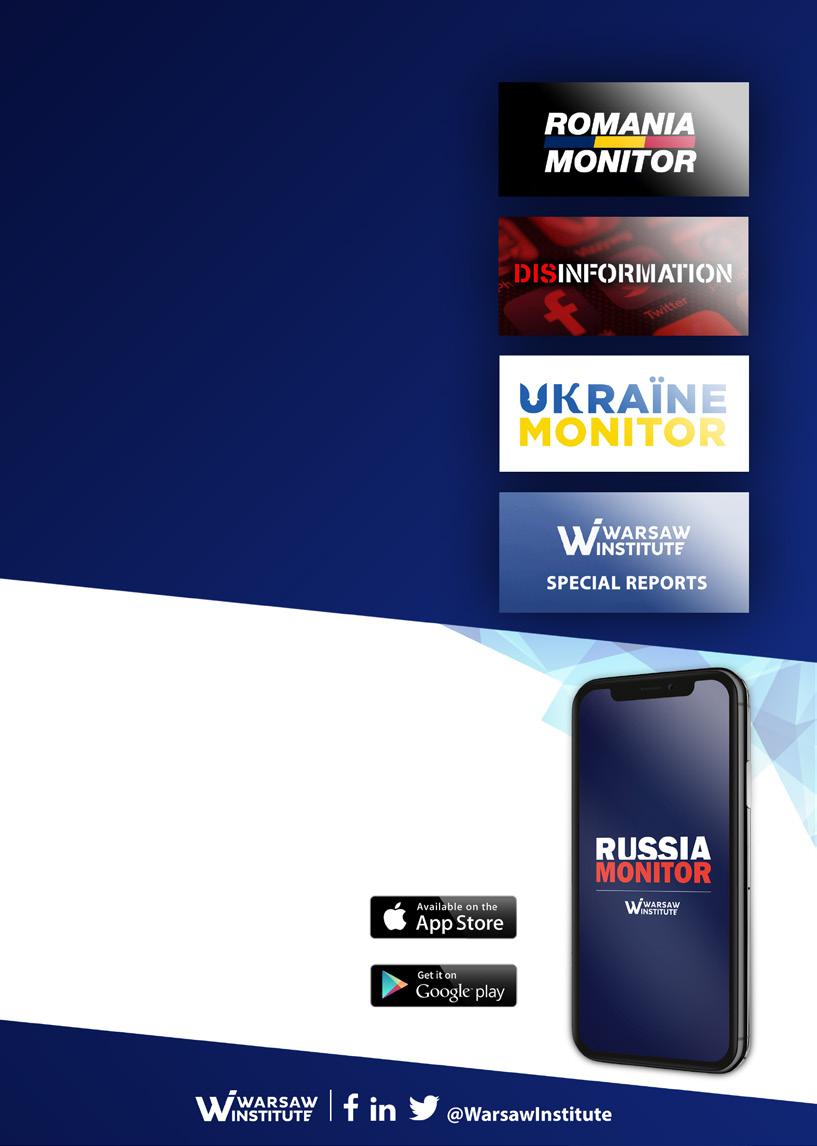
Baltic Rim Monitor - this program offers the analysis of the newest events concerning Baltic basin countries.
Review of the most important events relating to Russian security. Warsaw Institute experts monitor and analyze activities of the Kremlin and its subordinate services to anticipate their short-term and longterm consequences, particularly for neighboring countries and the Western world.
download mobile application
© COPYRIGHT 2020 The Warsaw Institute Foundation
The opinions given and the positions held in materials in the Russia Monitor solely reflect the views of authors.

The Warsaw Institute Foundation Wilcza 9 St., 00-538 Warsaw, Poland +48 22 417 63 15 office@warsawinstitute.org

